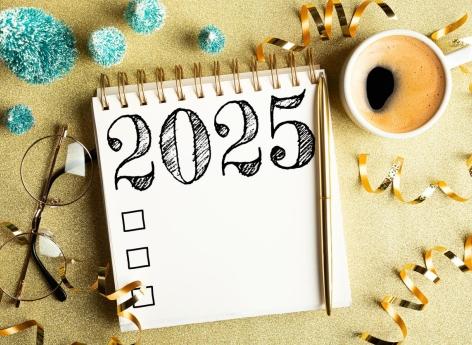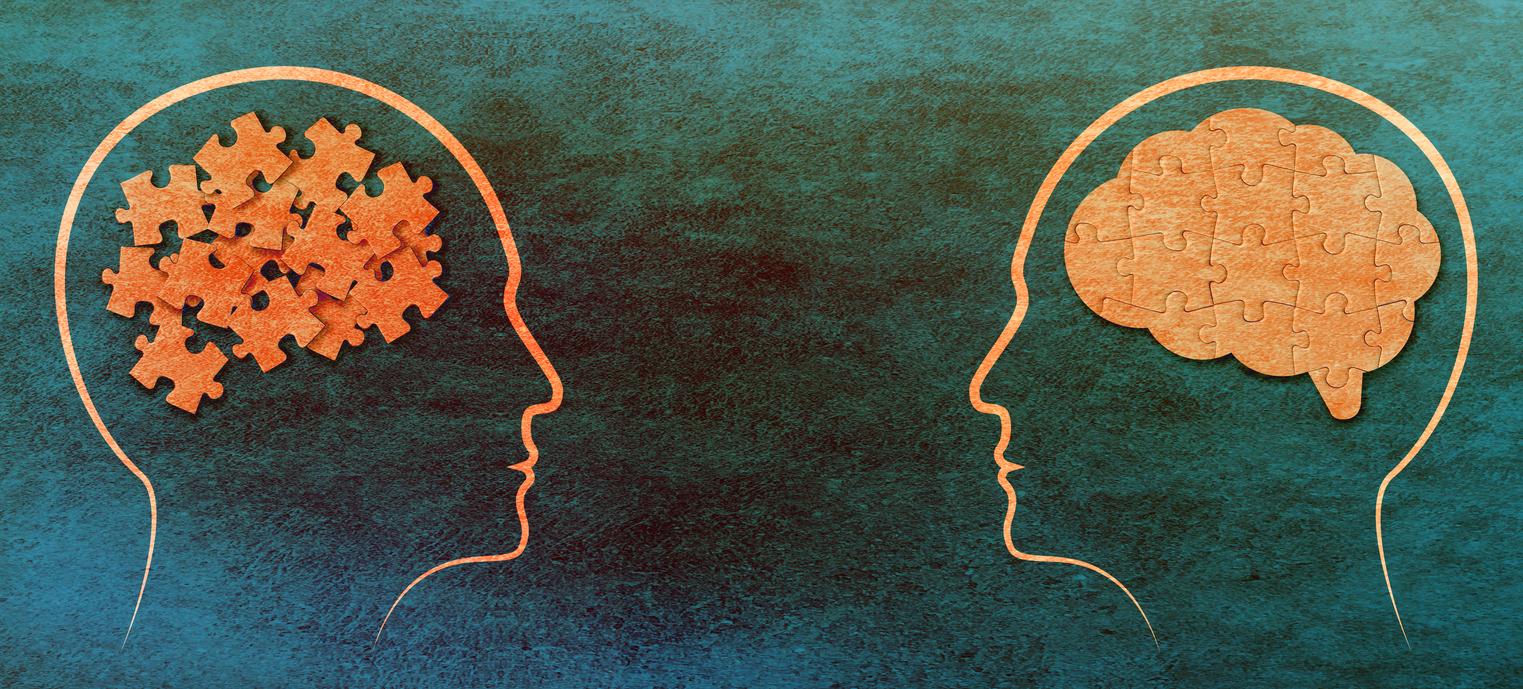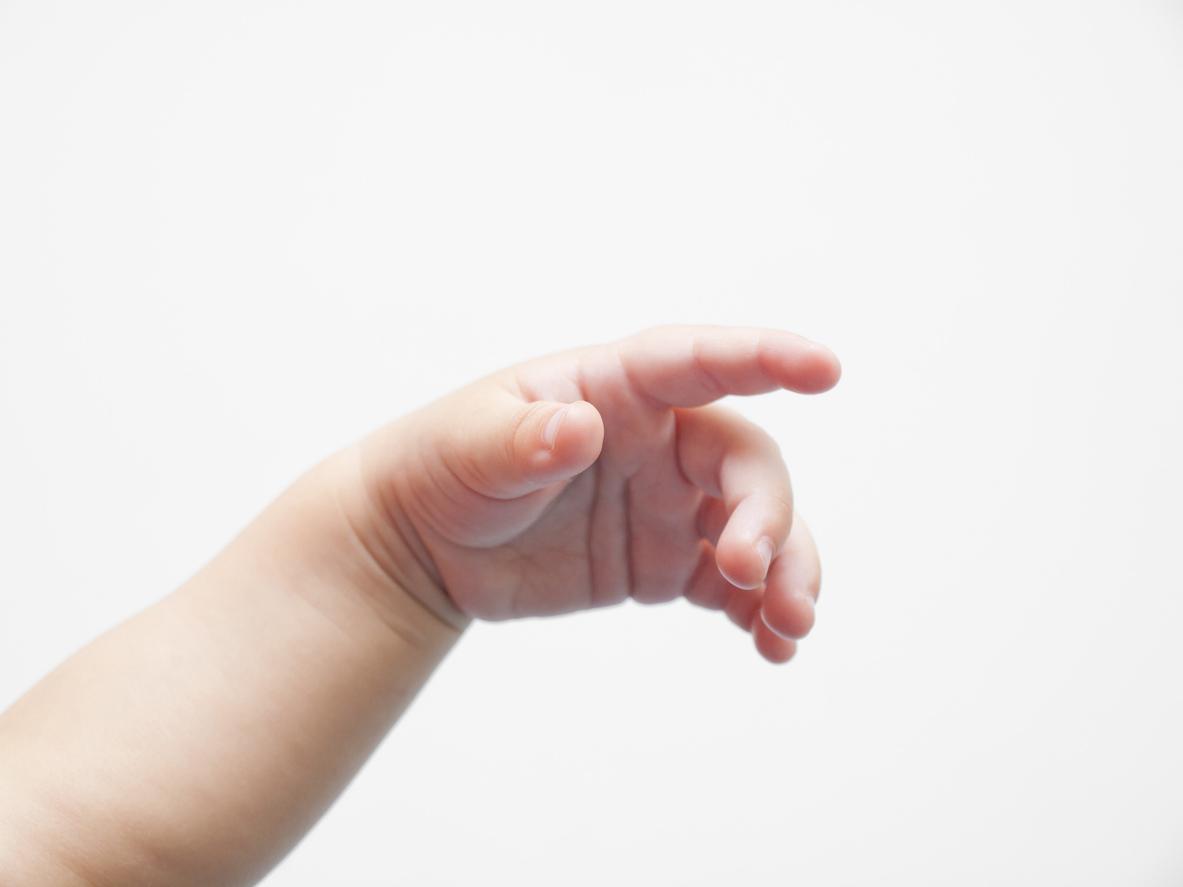There are several types of smiles that convey different emotions and can lead to opposite reactions in others.

- Smiling helps restore trust with someone.
- Smiling, referred to as dominance, can reinforce the superiority or status of the person smiling.
- There is also the reward smile which is encouraging and indicates that a person is happy.
The smile can act as a bandage in relationships, but not only. This is the conclusion of a study conducted by researchers at Queen’s University Belfast. Published on July 6 in the journal Cognition and Emotionthis one suggests that a certain type of smile can help restore confidence even if confidence has been lost.
Three types of smiles studied
The researchers studied three different types of smiles to see how they can affect social judgments and trust in difficult situations where there might be conflict. First there is the reward smile, which is encouraging and indicates that a person is happy. Next comes the dominance smile which is used to reinforce the superiority or status of the person smiling. Finally, the Affiliate Smile builds and maintains social ties.
To test the effects of these different smiles, the researchers conducted five studies on more than 900 people. Each time, they observed the reaction of the participants after their group was mistreated by a member of a different group during an economic game. “During the study we had two groups, a representative of one group was unfair to the group of participants and then smiled or made a neutral or regretful expressionsays Magdalena Rychlowska, lead author of the study. Participants then reported how they felt about this person and how they would interact with them to share their resources..”
The subtlety of the smile
The results revealed that the affiliate smile was seen as an attempt to pick up the pieces, leading to restoring the level of trust. Very different results than those obtained when the other two types of smile were used. “We found that when a person smiled after being uncooperative or untrustworthy, they were considered happy and therefore seemed untrustworthy and unwilling to change their behavior.”, observed Magdalena Rychlowska.
This research highlights the subtlety of the smile, which can reflect different emotions and lead to very different feelings in others. “Smiling at another person doesn’t always lead to trust and cooperationinsists Stephanie Carpenter, co-author of the study. Subtle differences in a smile can have a real impact on people’s trust in each other. In fact, the way you smile in a good or bad situation can impact people’s confidence..”
The importance of context
This study shows the subtle power of facial expressions. “The way someone smiles at you can change the meaning of a situation, for good or bad.concludes Dr. Rychlowska. We react differently to different types of smiles and to the situations in which those smiles are displayed. Think of movie villains, for example in the James Bond films. They often give happy smiles when something bad has happened or is about to happen. This context makes those smiles otherwise happy and normal, menacing and unpleasant. This also highlights the importance of social context – a happy smile that might be read as a sign of reliability in one setting may, in another setting, be seen as evidence of bad intentions..”
.















